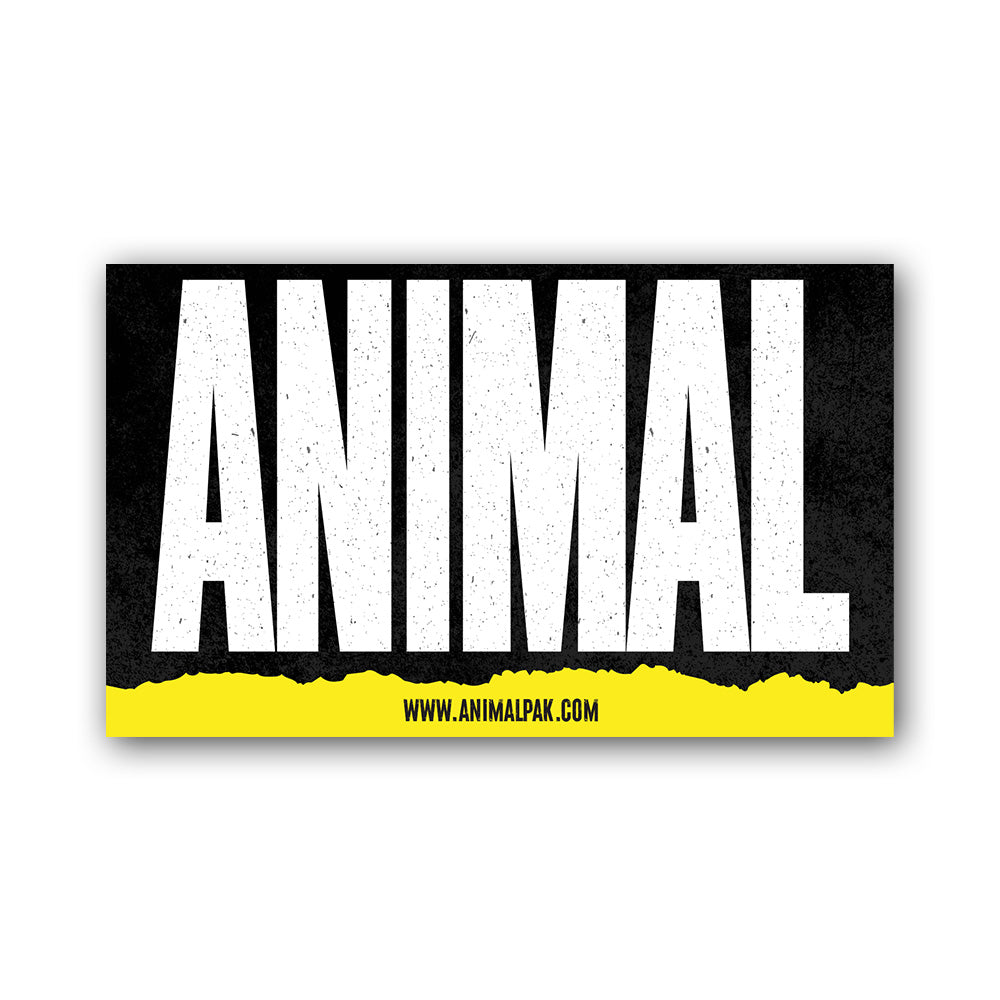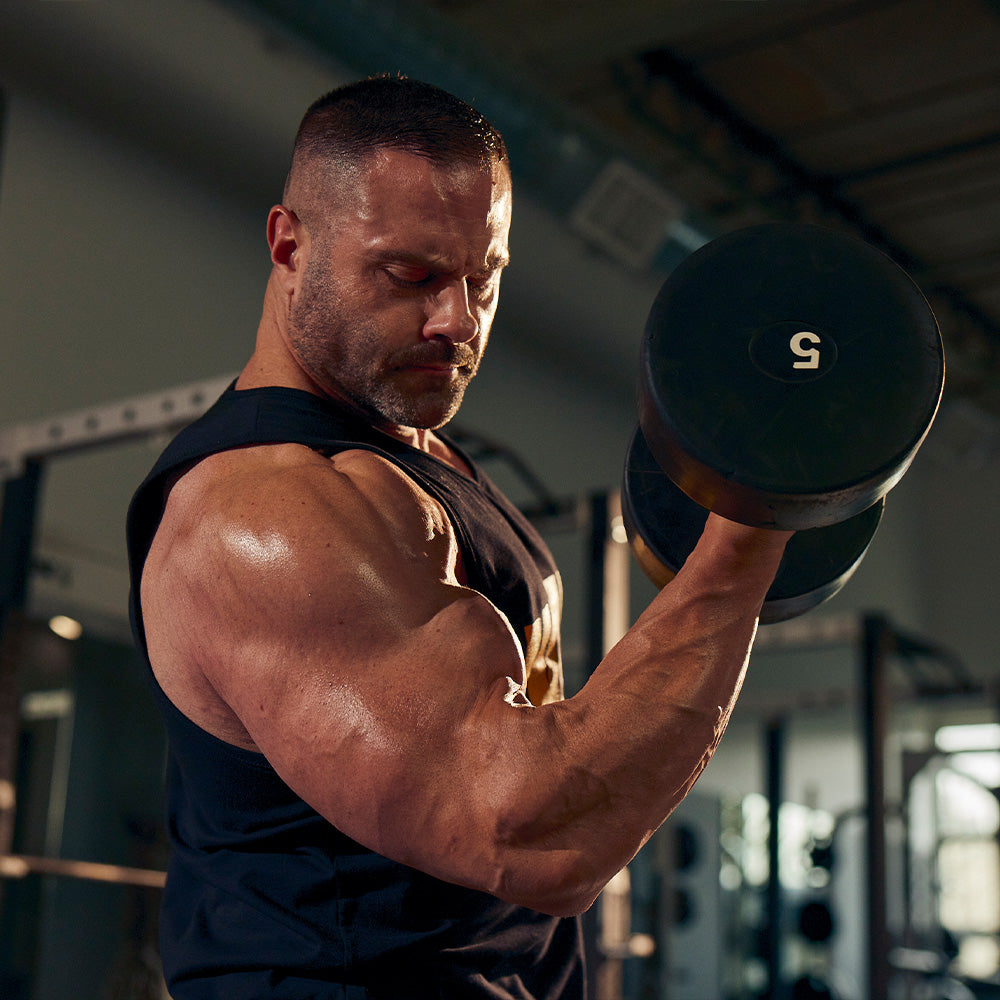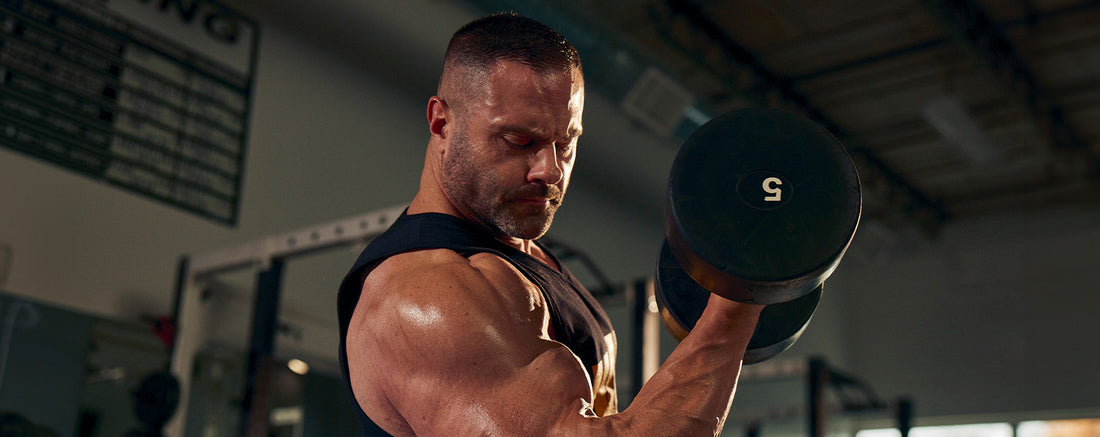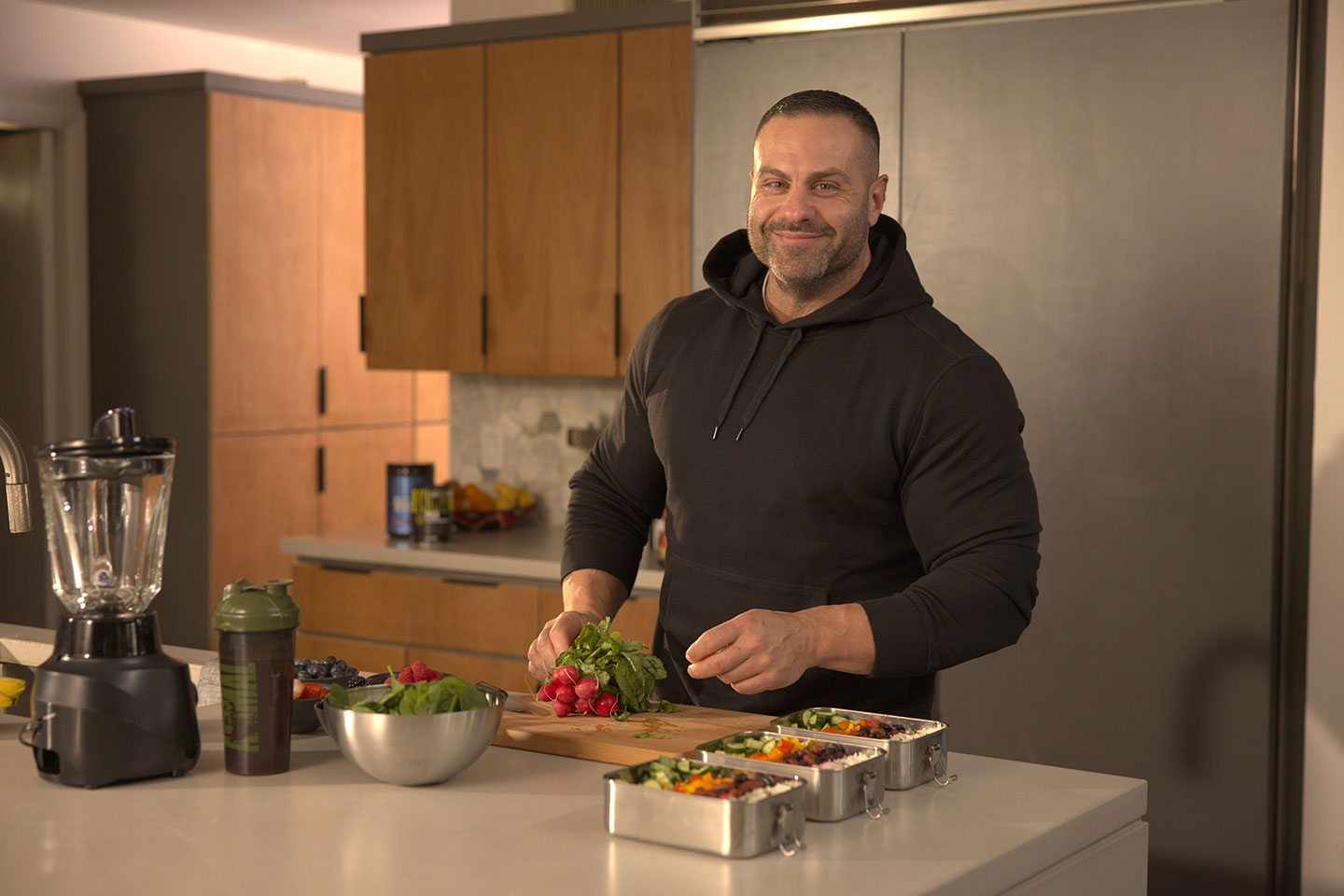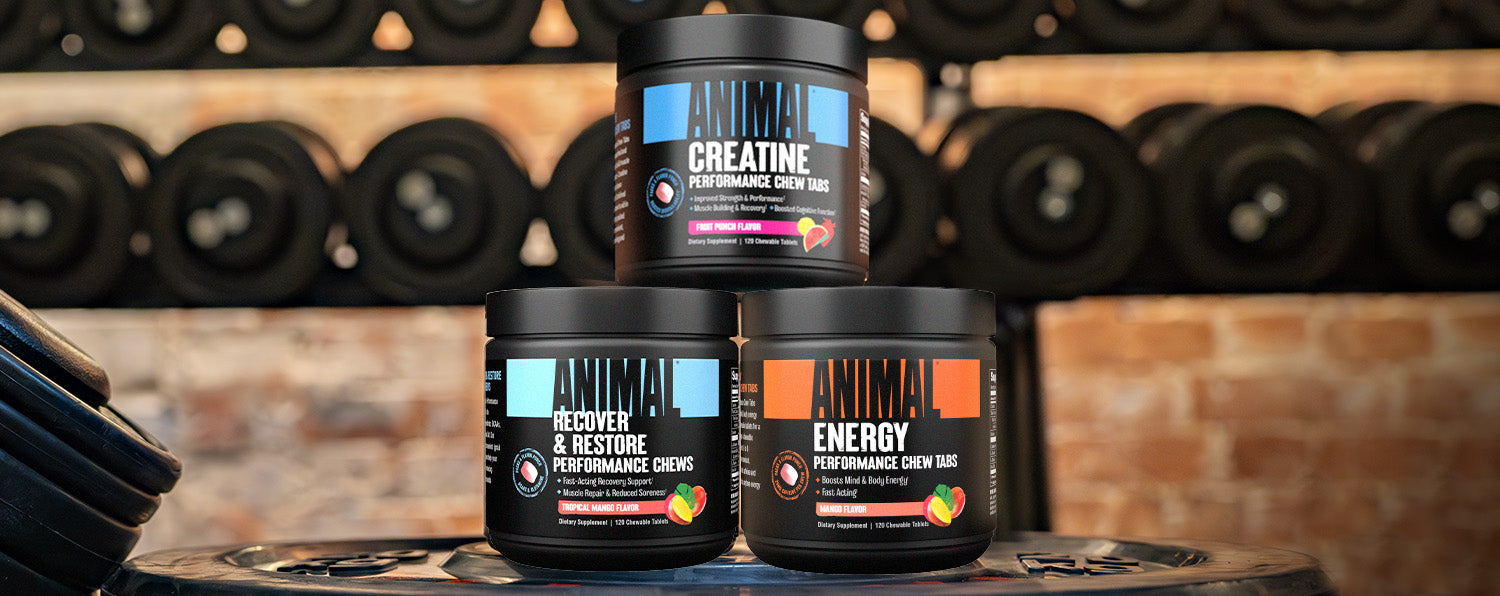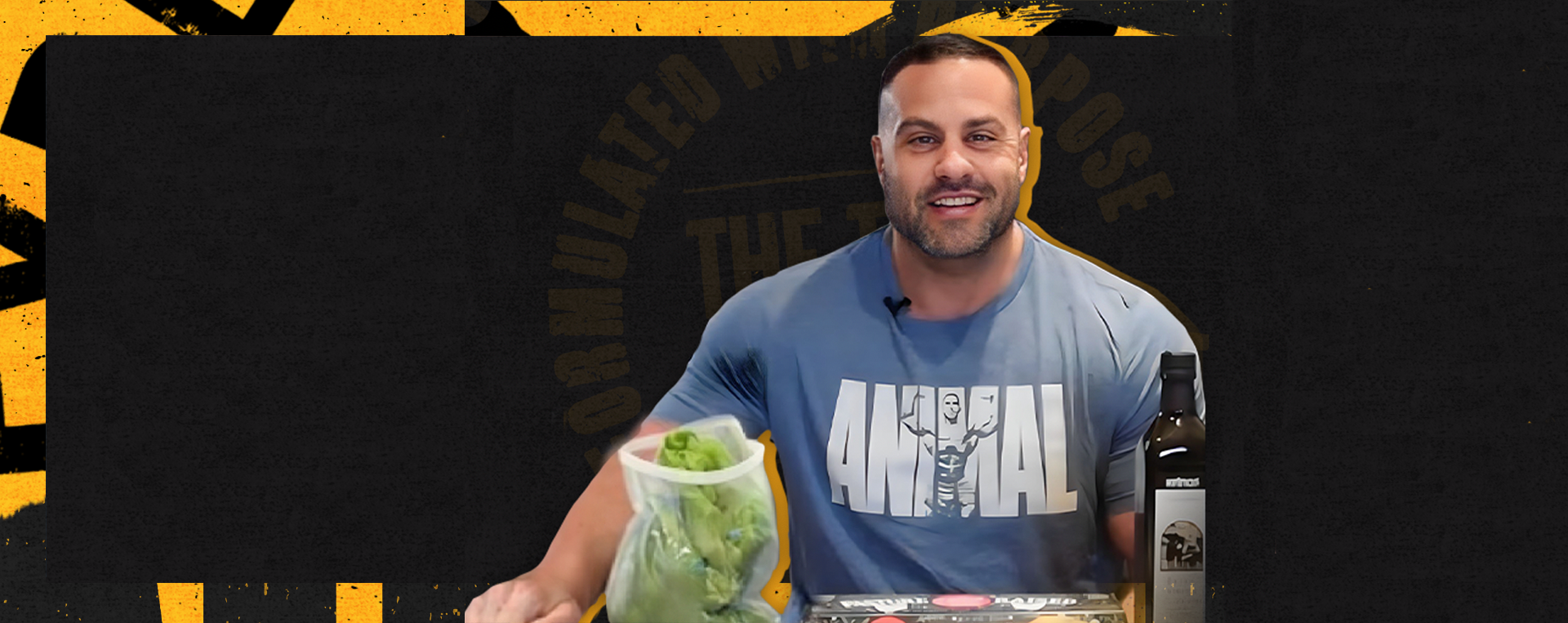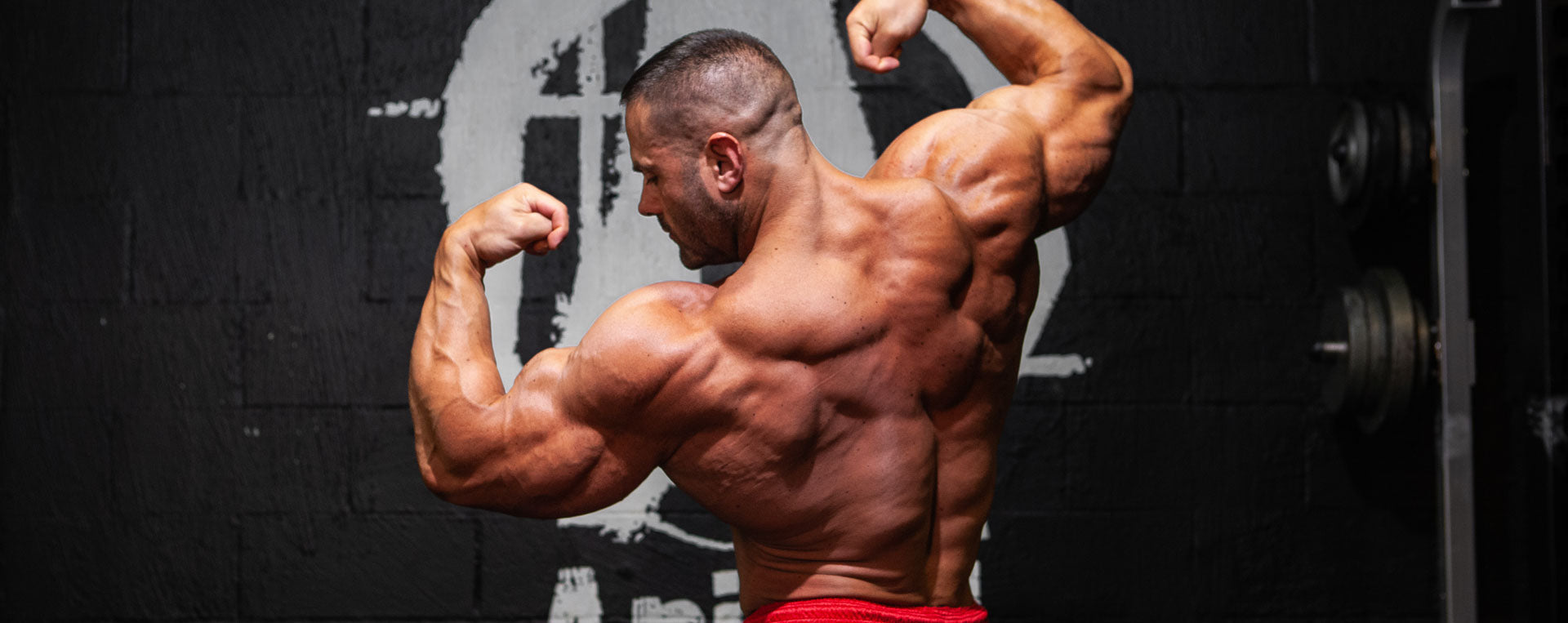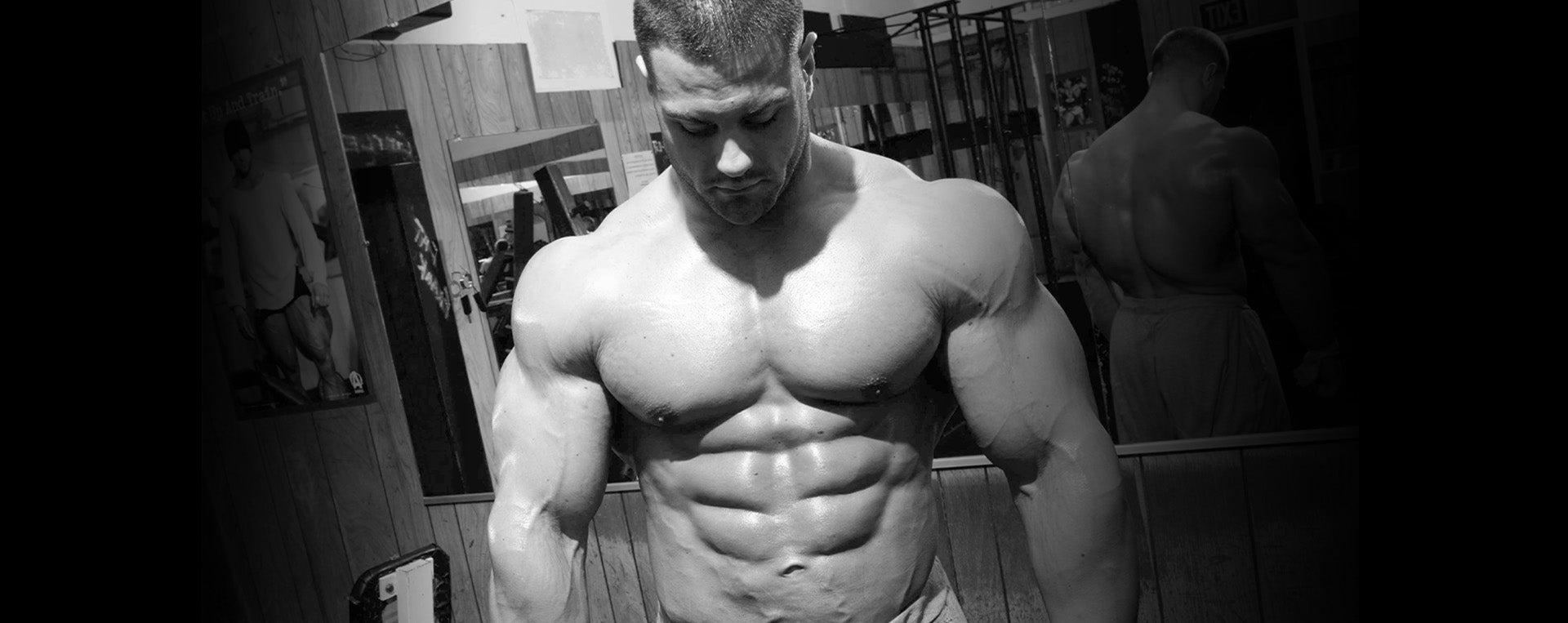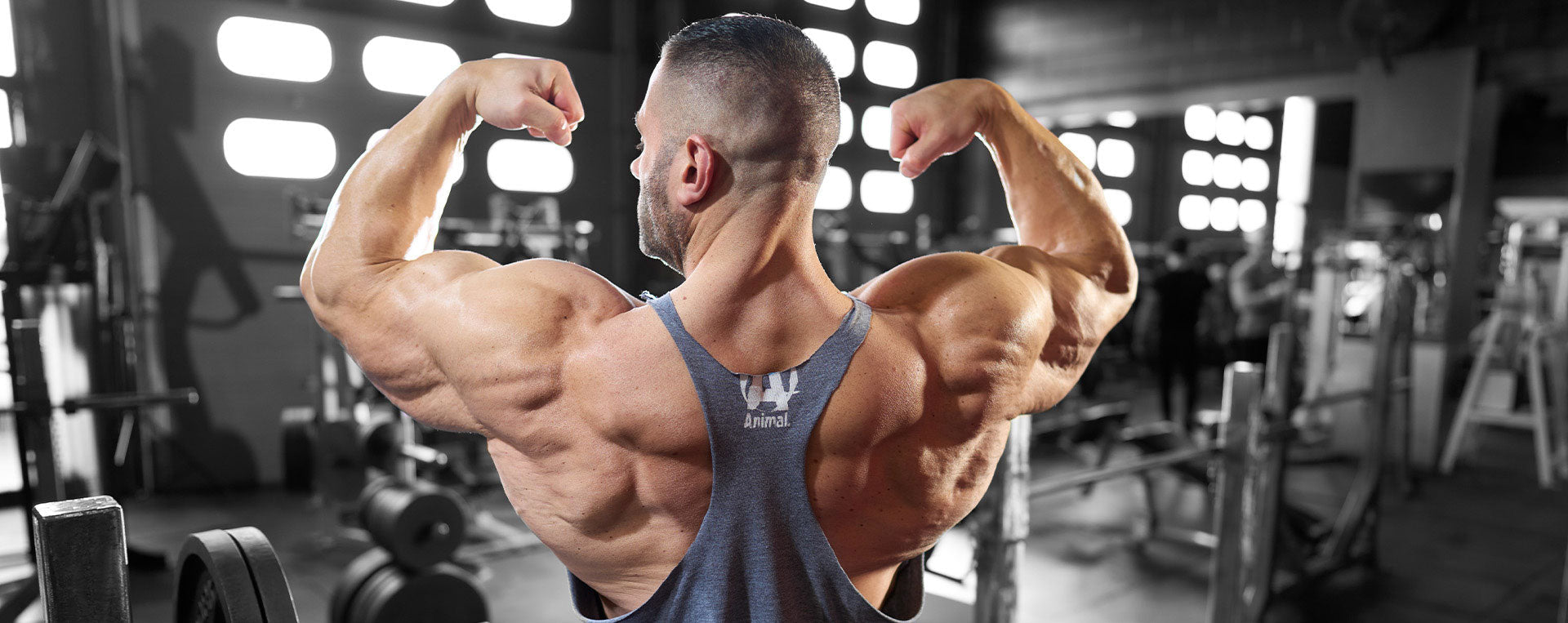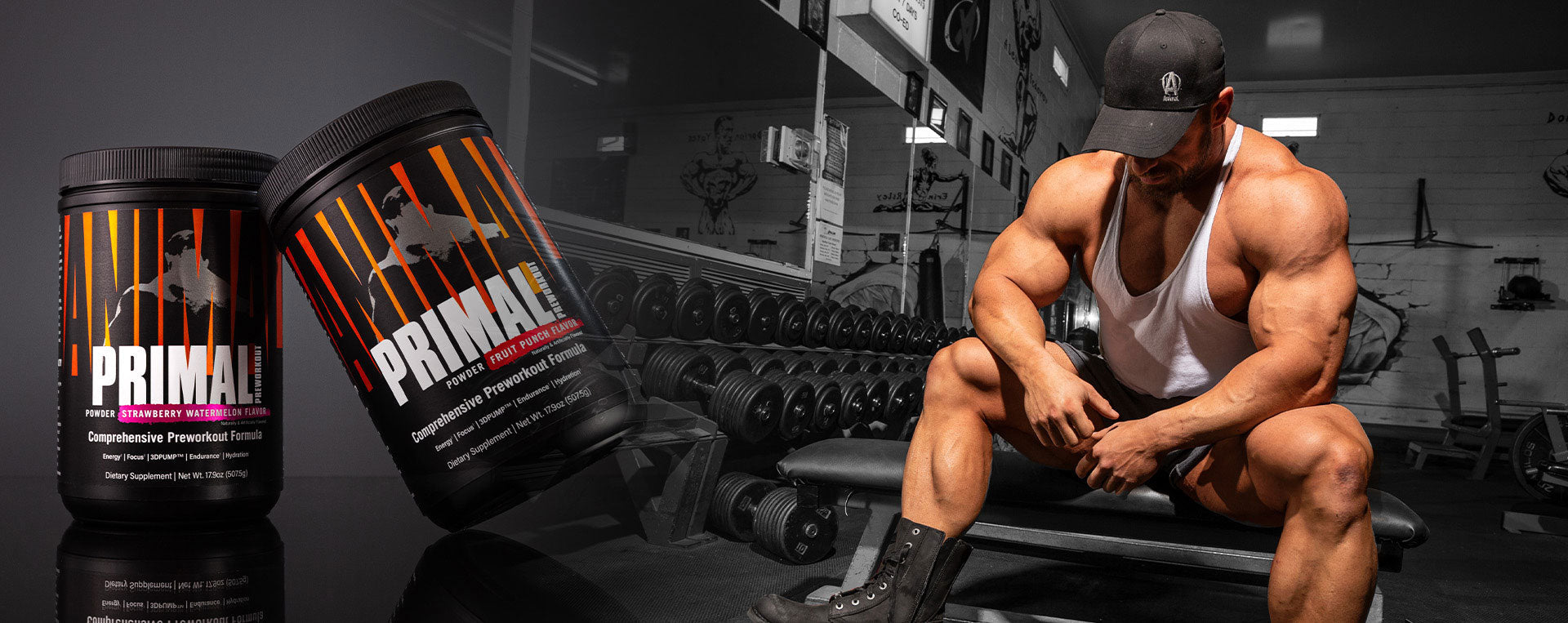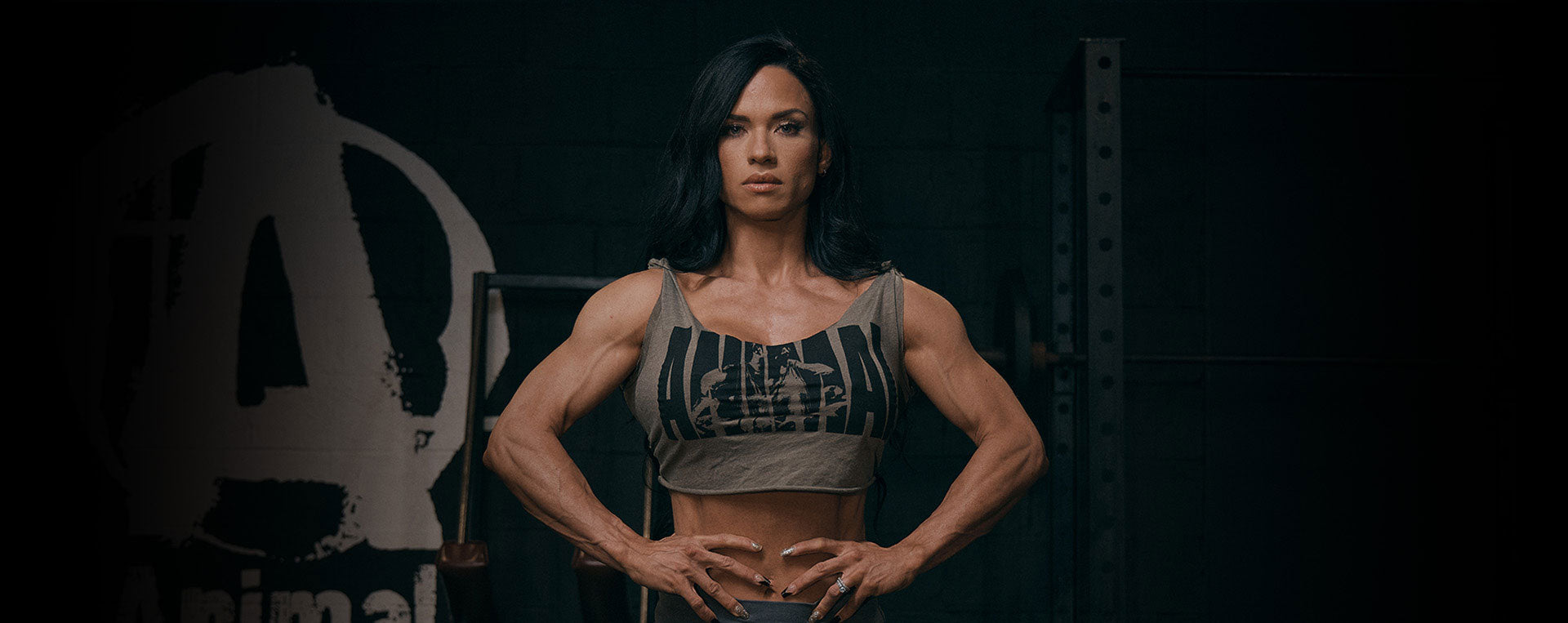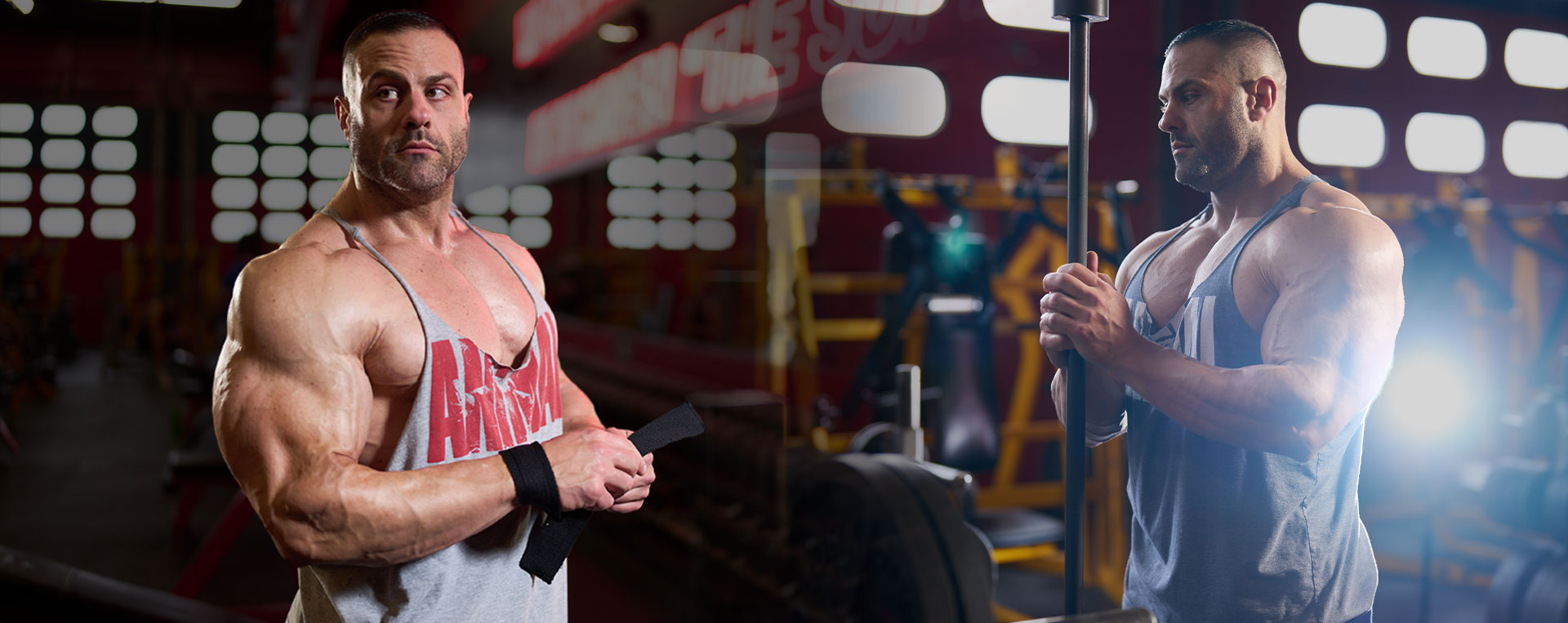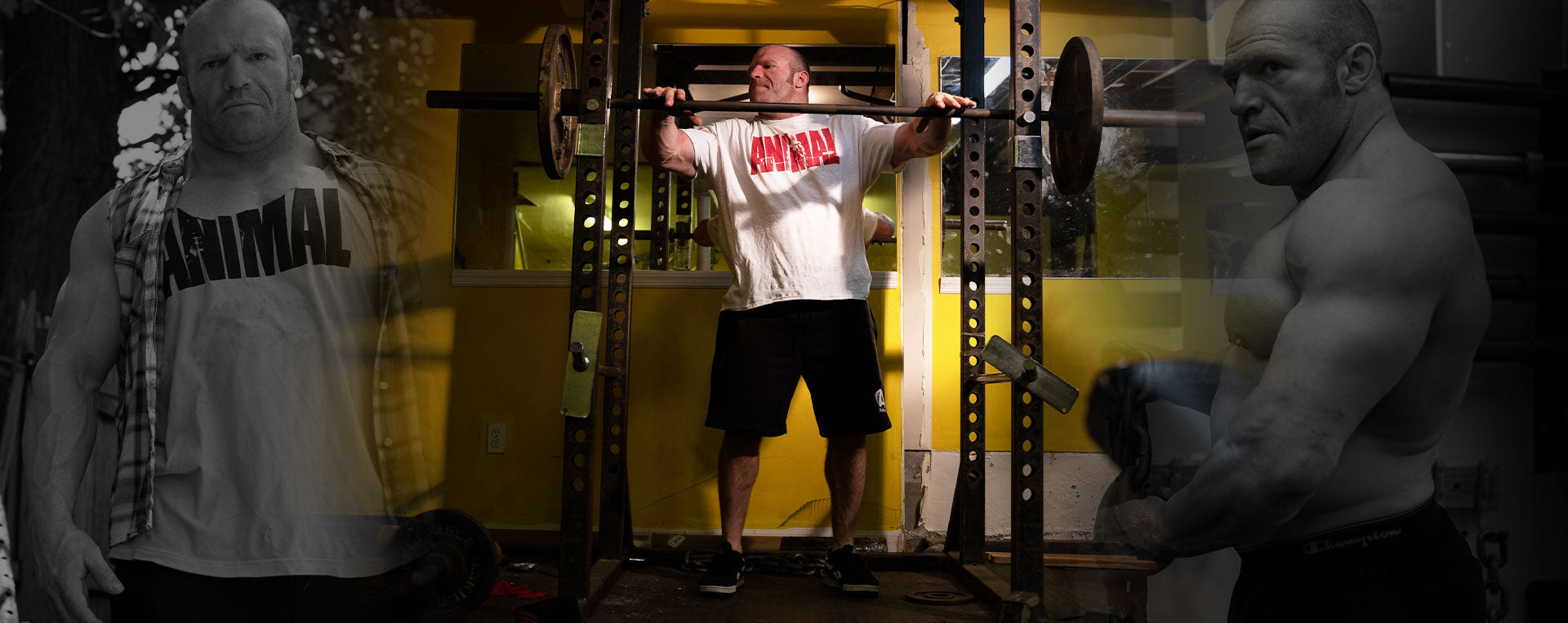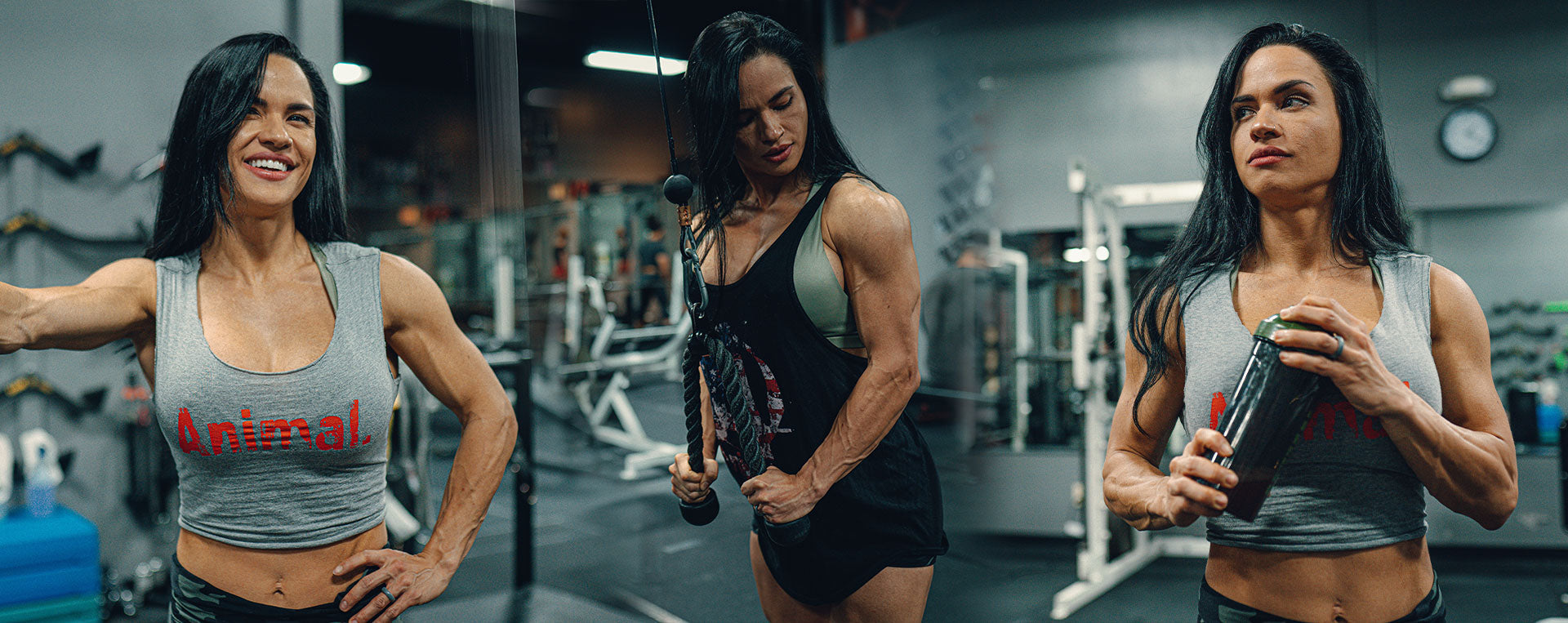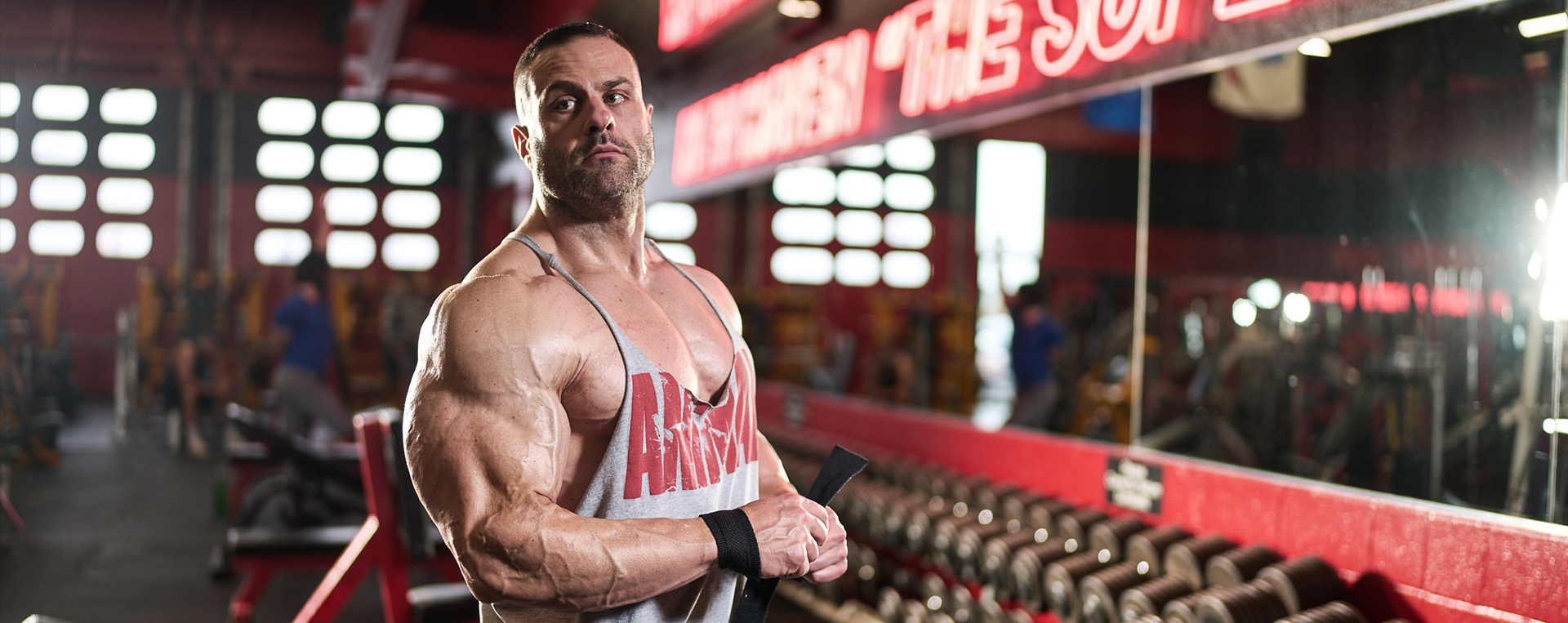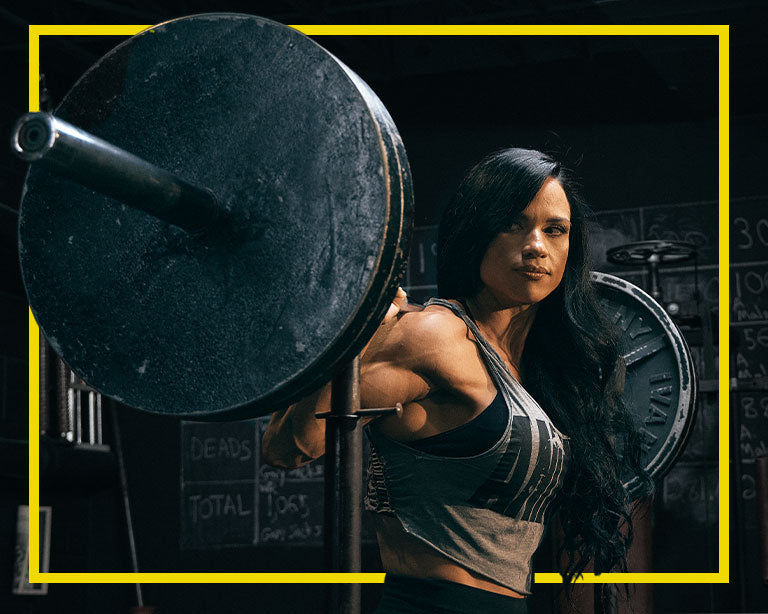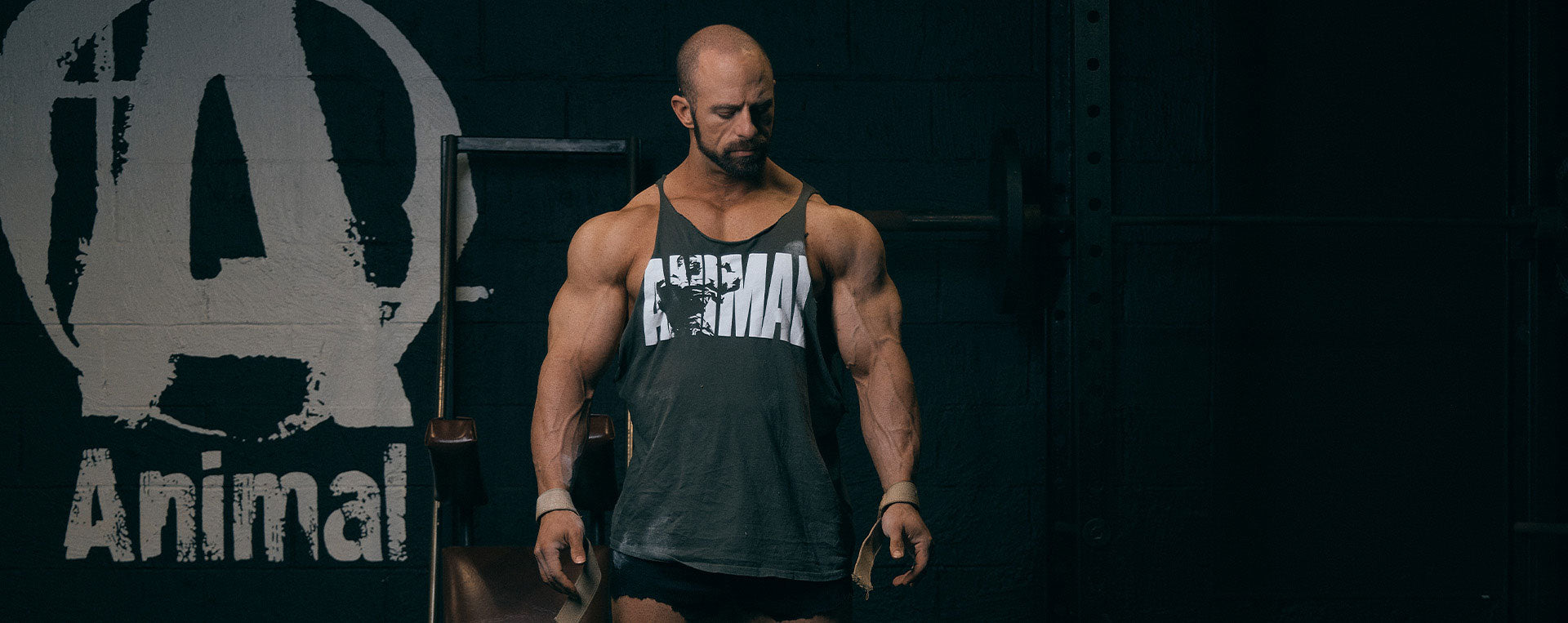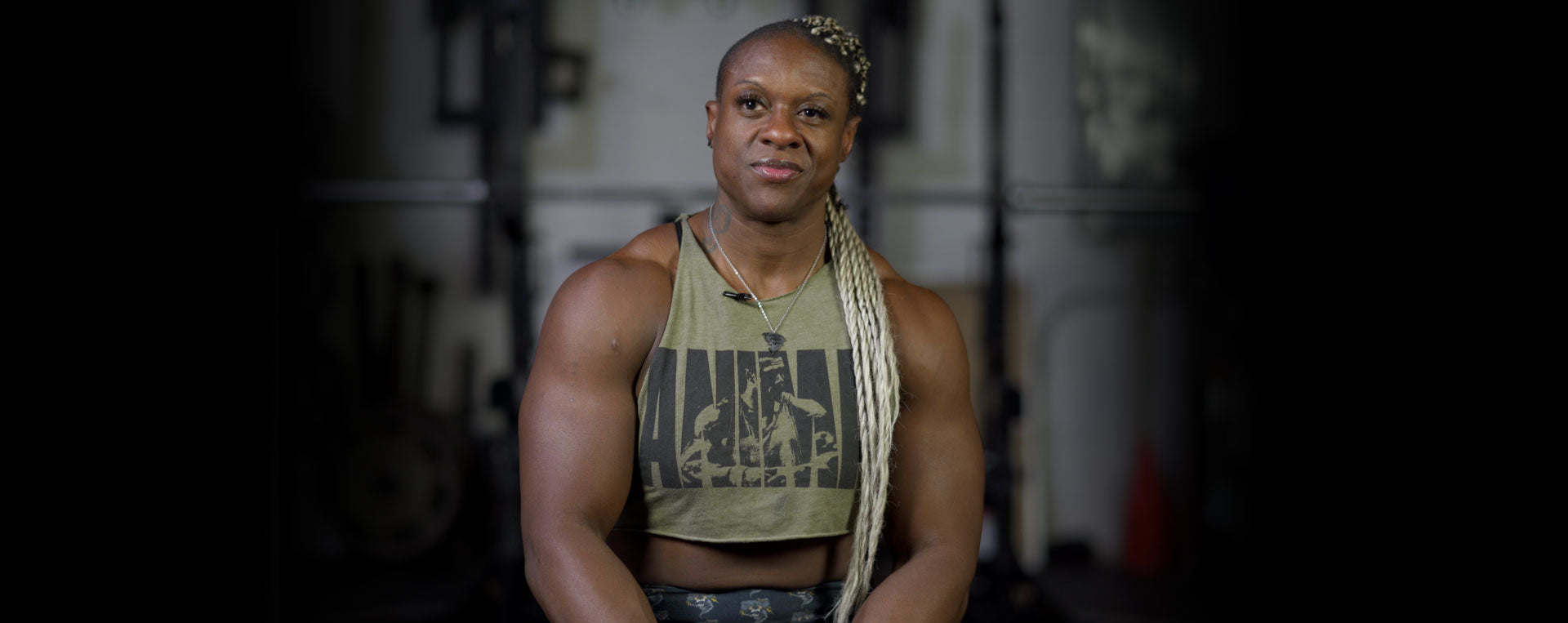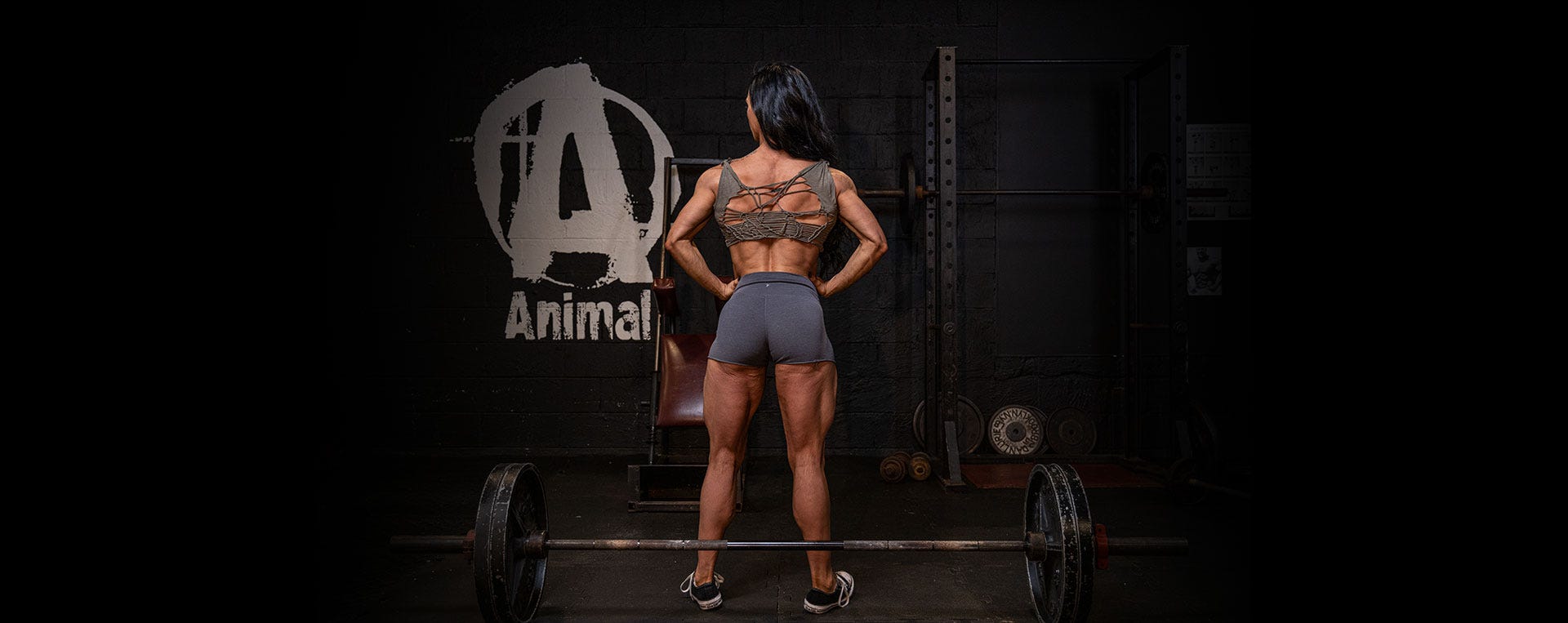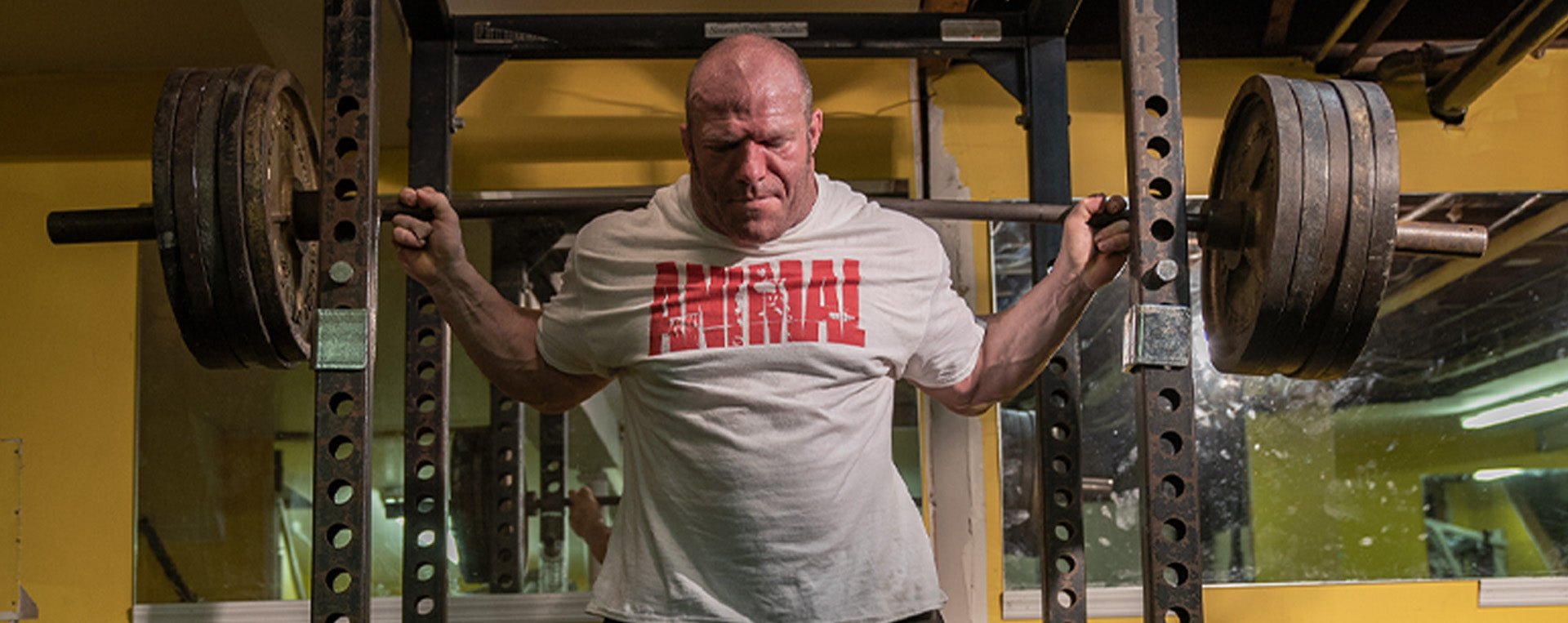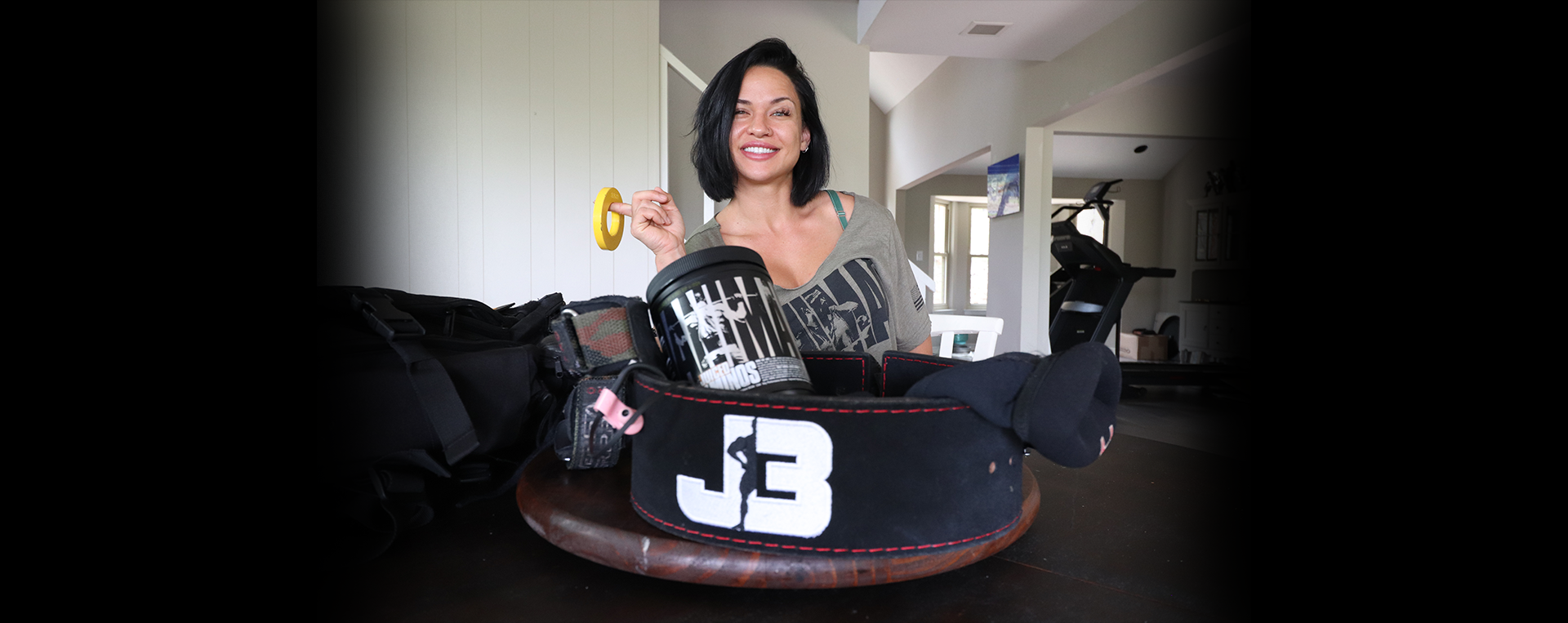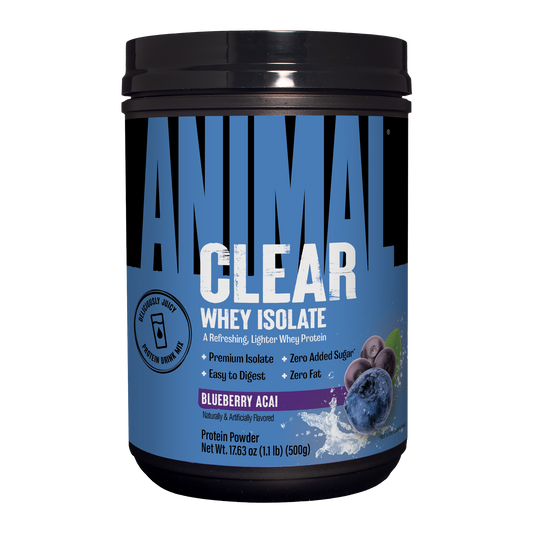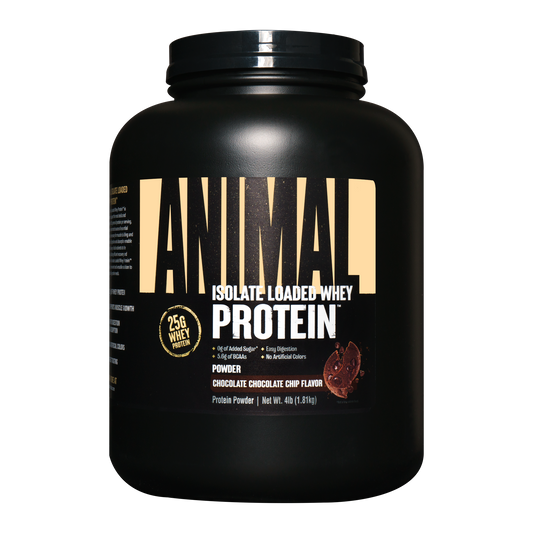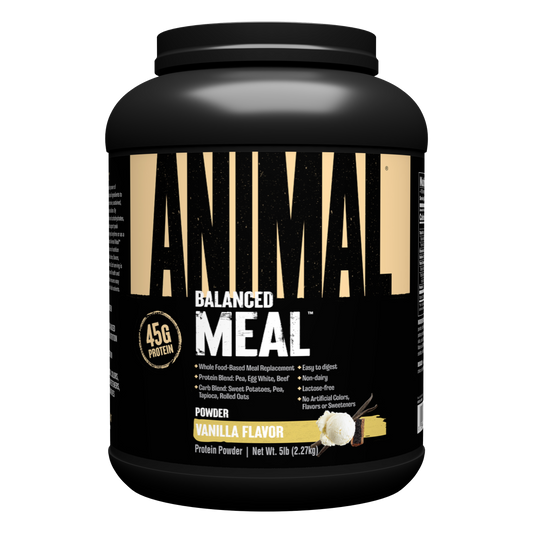Training methods, nutritional strategies, supplement regimens, drug protocols, and even rehab strategies have been heavily debated in the broader bodybuilding and athletic circles since working out went mainstream. While the merits of these many differing opinions range from substantive to just plain stupid, one aspect of physical improvement cannot be debated: in order to be at your absolute best, you must be healthy. A pulled muscle or muscle strain is a sure-fire way to pause your gains and push your goals further away. With how common bodybuilding injuries are, knowing how to speed up muscle strain recovery can help you minimize setbacks and reduce the chance of further damage, if and when one occurs.
In this article, I’m going to discuss approaches to accelerating your return to the iron, including:
- Facts about general bodybuilding injuries
- Rehabilitation strategies that work
- What supplements help muscle recovery, and
- Ways to avoid injury in the future
The Most Common Types of Bodybuilding Injuries
Injuries come in two forms: acute and chronic.
Acute injuries happen suddenly. When they hit, you know it. There’s no question; you’re going to be down and out for a while. Though some acute injuries can be pushed through, you’re more than likely leading yourself to further injury and longer rehab. Remember Coach yelling, “no pain, no gain”? Better just leave that old saw to rust.
Chronic injuries arise slowly over time. They’re usually the result of overuse and a lack of attention to the muscle or muscle group getting fatigued. Nagging aches and pains are often the sign of chronic injury.
As bodybuilders, powerlifters, and physique athletes, it’s our job – in many cases, literally – to push our bodies to the limit in the pursuit of gains. And injuries often happen as a result. Some of the most common injuries you’re likely to experience are:
Pulled Muscle / Muscle Strain: The muscles and tendons that work hardest, like your hamstrings, calves, and quads, are the most prone to strains.
Tendonitis: Painful inflammation of the tendons caused by repetitive movements and muscle imbalances.
Rotator Cuff Injuries: A super common, chronic cohort of injuries that can sideline even the most dedicated lifter.
Lower Back Pain: Poor form or overloading the spine can lead to serious back issues. These injuries are a too-late reminder to focus on lifting with good form first and foremost.
Knee Injuries: Tendonitis in the knee is a common enemy to athletes across the board. Always lift with a focus on protecting your knees.
Wrist Strains or Sprains: Heavy lifts can take a toll on your wrists. Strengthen and protect them.
Pectoral Tears: These serious acute injuries can occur when you're benching that extra rep. Witnessing someone tear a pec is probably the best injury prevention; you’ll do everything you can to avoid it yourself.
Elbow Injuries: Repetitive strain can lead to chronic elbow problems. Listen to your body and adjust accordingly.
Hip Dislocation: High-risk moves like jerks and split snatches can put your hips at risk. Always prioritize form and technique.
So how long does it take muscle to heal after an injury? The hard truth is that there’s no straightforward answer: everyone’s body, injury, and recovery strategy is inherently different. With so much variability, muscle recovery is anything but accurately predictable. However, there’s a lot you can do to speed things up.
Facing Injuries and Accelerating Recovery
First, let’s talk about how to deal with bodybuilding injuries in a way that maximizes recovery and minimizes the loss of progress to the greatest extent possible.
Having experienced debilitating acute injury more than once, I think the best way to go about this is to divide our approach into three main parts:
- Injury assessment
- Recovery strategy
- Recovery strategy implementation
Here we go.
Immediately After Muscle Injury, Focus On What You CAN Do
In the moments following an injury, we are usually overwhelmed with pain, disbelief or combination thereof. Injuries can be traumatic, painful, and physically and mentally debilitating. Whether you’re aware of the exact injury you have sustained or if you’re waking up in a hospital with no recollection of what has taken place, we all face the reality of our setbacks eventually.
Every injury will result in things you can’t do; the first step to recovery is to identify what you CAN do. It may help to change your mindset: Pre-injury, you were working toward personal records or competition placements. Post injury, you’re working toward full recovery, maybe even a return that’s stronger than before.
Some bodybuilding injuries may allow you to focus on other muscle groups. Others can limit you to lying in bed! But even if you can’t train at all, that doesn’t mean there aren’t other things you can do. As you move away from the point of injury, you’ll constantly have to check in with yourself because bodybuilding injury recovery is not static; it’s ever-changing. You’ll want to regularly reassess what your body can and can’t do a muscle strain, impingement, or tear.
Identify what you can do and what needs to be done – then do it with perfection.
How To Speed Up Muscle Strain Recovery
One thing you can always do, regardless of what recovery stage you’re in, is focus on your internal armor. I’m talking about focusing on nutrition and hydration, and taking specific supplements for muscle recovery. These are elemental to weightlifting and physique sculpting, but they’re also formidable weapons in the fight against injury.
You need to act on what you CAN do. For instance, you can sit on your ass, eat garbage food, and stay up late watching TV. Or you can eat well, supplement accordingly, get your blood pumping, and get your needed hours of sleep each night. One option will seriously help facilitate the healing process, the other won’t. Do what you can.
Nutrition – You can’t ignore nutrition when it comes to bodybuilding injury recovery. Just because you’re not training doesn’t mean you don’t need premium fuel. Paying close attention to your micronutrients, for instance, will help ensure you’re reinforcing your muscle recovery with antiinflammatories, which help put the pedal down on healing. [1] It may take a little recalibration, but you still have to focus on your macros too, especially ensuring you’re getting enough protein help with trauma and rehab. You wouldn’t believe how much more calories you’ll burn using crutches compared to walking!
Hydration – Hydration is absolutely essential for performing at your peak, but keeping sufficiently hydrated is equally critical when rebounding from an injury, whether it’s a pulled muscle or something even more serious. Just as in training, hydration helps flush out toxins, reduce inflammation, and improve flexibility and mobility when clawing back from injury. [2]
Rest – At the end of the day, even the perfect amount of physical activity and the right diet will fail if adequate rest is not a part of the plan. I do believe that the required amount of sleep is as individual as diet and training needs but I will STILL say that 8 hours of sleep each night is the absolute minimum!
Supplementation – Muscle recovery supplements are your allies in the fight to rebuild and come back stronger. These power-packed formulas deliver the nutrients your body craves to repair and grow.
What supplements help muscle recovery the most? Honestly, that’s a question that has a case-by-case answer. But here are a handful of my favorite muscle recovery supplements, ones I’ve either used or seen others use to bounce back faster:
- Protein – It’s news to no one that protein is one of the most efficient muscle recovery supplements. Getting key amino acids, especially leucine and casein, following an injury can aid recovery. Try to get your body’s needed protein intake within 48 hours following your stroke of bad luck.
- Creatine – Does creatine help injury recovery? It turns out, the most studied supplement in the world is in fact also one of the best supplements for muscle recovery. Strong evidence shows that creatine can improve damaged muscles through cell membrane stabilization. Essentially, it can significantly reduce protein loss. [3]
- Amino Acids – Remember what I said about amino acids? You certainly need them if on the long road from bodybuilding injury recovery. Much like protein and creatine, amino acids do their job when it comes to injury recovery similarly to everyday workout recovery. Depending on your amino acid supplement, you’ll likely notice your body retaining more muscle than it would otherwise, as well as accelerating muscle repair and a reduction in soreness.
- Multivitamins – The array of vitamins and minerals in a high quality multivitamin supplements are massive aids when it comes to recovery. Keep in mind that the micros your body needs may vary by injury. Broken bone? Plenty of calcium rich foods as well as bioavailable calcium supplements, vitamins D3 and K2 should be part of the discussion. Injured tendon or ligament? Cue the collagen and vitamin C.
These muscle recovery supplements will be your best friend when it comes to the rehab/physical therapy phase of your personal comeback story, and ones you should continue to use to fill in nutritional gaps even after you’ve come back to annihilate your PR.
Final Thoughts
Operating at a level far below what we are accustomed to can be unbearably frustrating. Simply put, it will mess with your head like nothing else. Regression is a tough pill to swallow. Those who are mentally strong will have the fortitude to remind themselves that it is only temporary.
But what if it isn’t temporary? What if you were to be left permanently impacted? Would you give up entirely?
Is bodybuilding only for those who are the best in the world? Are all sports only to be pursued and enjoyed by the best of the best? Hell no! Anyone who quits because everything in his or her life is shy of perfect deserves failure. That’s not you. You will do the best you can with what you’ve got. Injuries are a reminder that nothing is perfect, especially our bodies (don’t let that also injure your ego!).
The hard truth is, most of us are going to go head to head with bodybuilding injuries; it’s just the nature of our endeavors. The important thing is to keep focused on progression. Reshape your mindset, refine your nutrition, take muscle recovery supplements, and just don’t stop. I love this quote by Dr. Martin Luther King Jr.: “If you can't fly then run, if you can't run then walk, if you can't walk then crawl, but by all means keep moving.” I can’t say it any better than that.
Looking for more training, nutrition, and recovery advice from professional athletes who’ve seen it all? Animal’s cadre of bodybuilders and physique athletes regularly contribute articles (like mine here) for your benefit. Check them out here.




